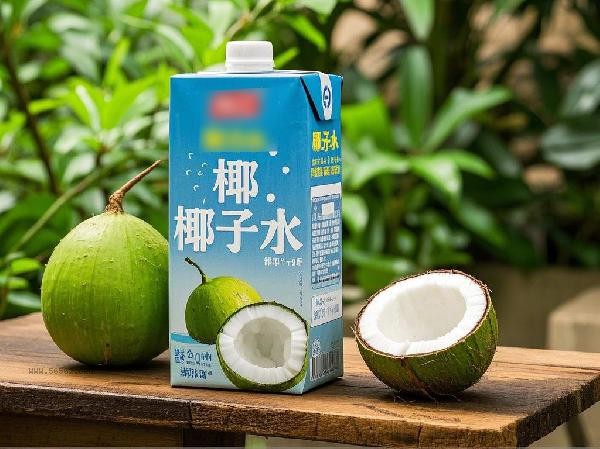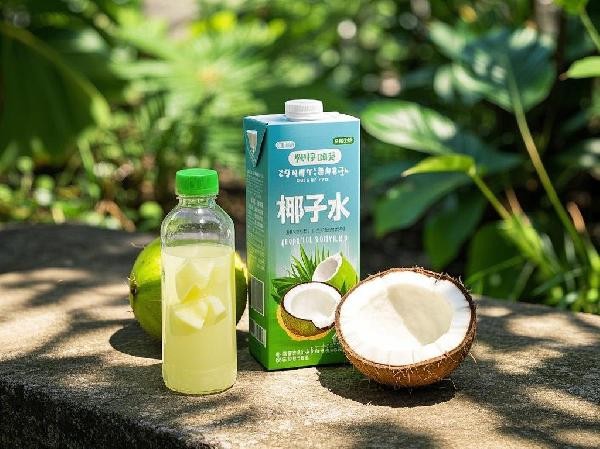Long term consumption of coconut water as water may pose health risks, and it is not recommended to completely replace drinking water. Coconut water contains natural electrolytes and sugar, and moderate consumption can help replenish water and minerals, but excessive consumption may cause problems such as blood sugar fluctuations and electrolyte imbalances. Coconut water contains electrolytes such as potassium, sodium, and magnesium, making it suitable for quick hydration after exercise or in high-temperature environments. Although its natural sugar content is lower than that of fruit juice, drinking a large amount of it every day may still lead to excessive calorie intake, which is especially harmful to diabetes patients or people with sugar control. Long term single consumption may dilute stomach acid, affect digestive function, and some people may experience bloating or diarrhea. Coconut water has a high potassium content, and excessive consumption by individuals with renal insufficiency may lead to hyperkalemia. Some products on the market are added with sugar or preservatives, which increases metabolic burden when consumed for a long time. Special groups such as children and pregnant women need to control their intake to avoid affecting normal nutrient intake.

It is recommended to use coconut water as an occasional beverage option, with a daily consumption limit of no more than 500 milliliters. Ordinary adults still need to mainly drink plain water daily, paired with low calorie drinks such as light tea and lemon water. Maintaining diversity in drinking water can help balance electrolytes. People with abnormal kidney function should consult with their daily diet before drinking. Potassium can be supplemented through foods such as bananas and spinach, without relying on a single beverage.











Comments (0)
Leave a Comment
No comments yet
Be the first to share your thoughts!